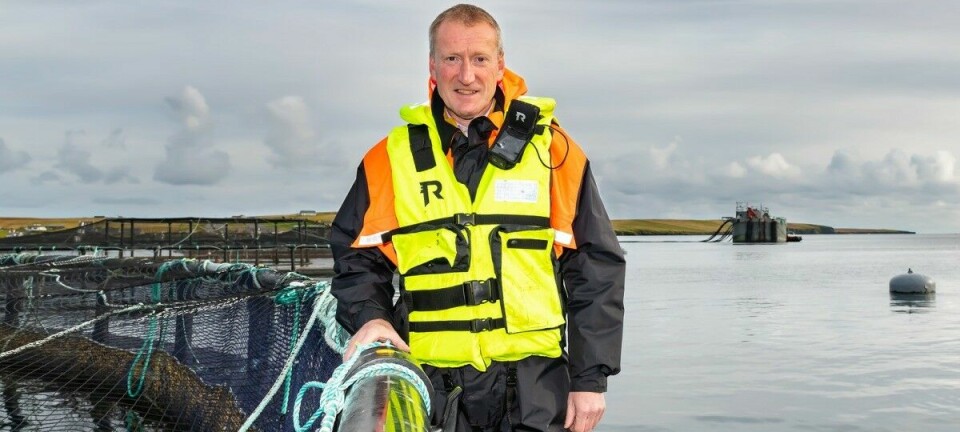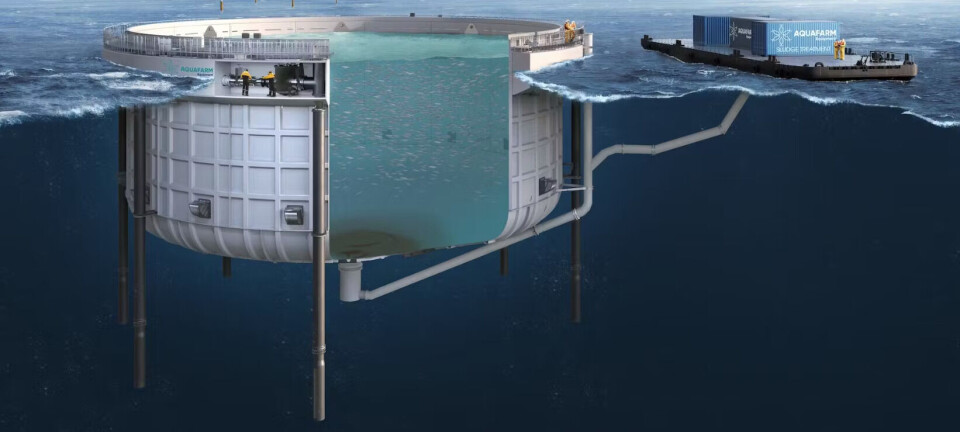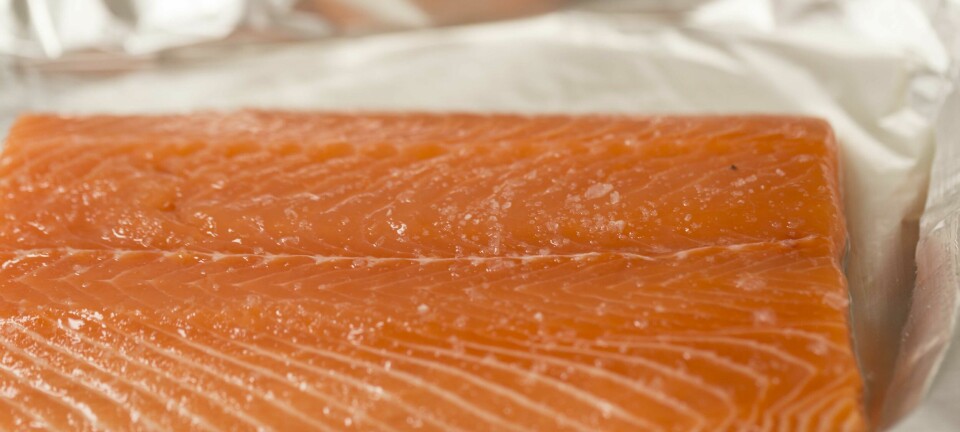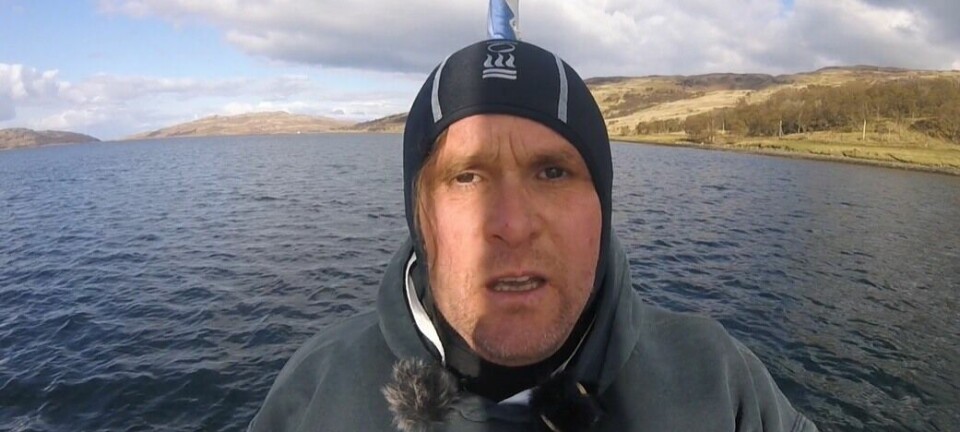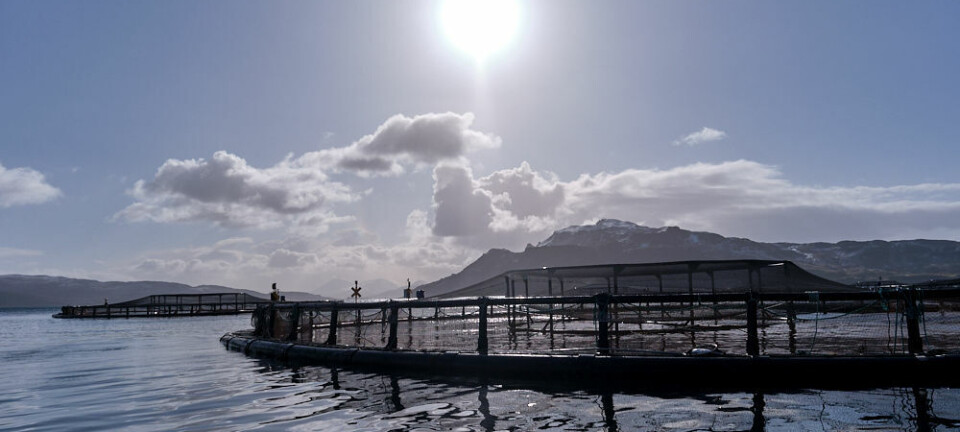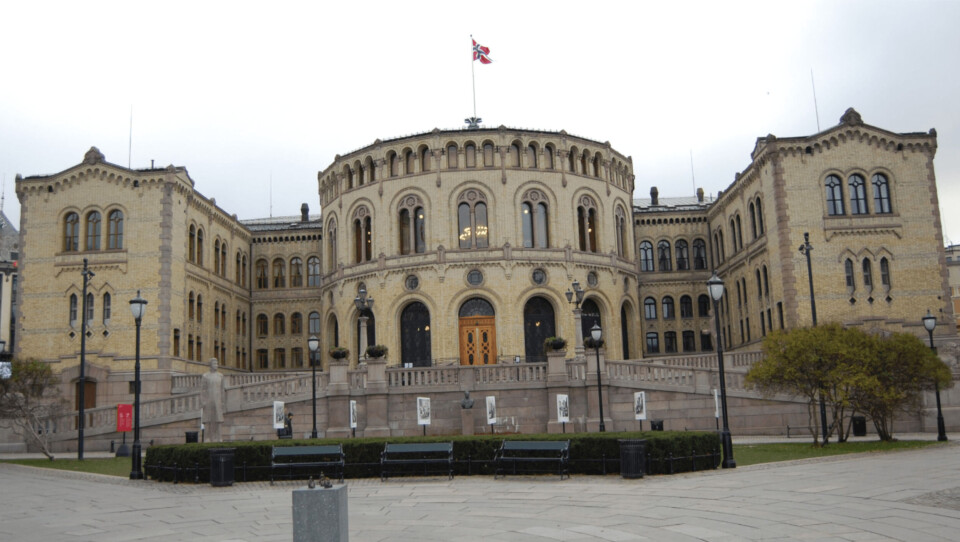
Norway plans production tax but drops 'surplus' cash grab
Norway’s salmonid farmers must pay a production tax of NOK 0.40 per kilo (£0.032) from next year under government proposals but are no longer facing the threat of a surplus-based “basic interest” tax previously suggested.
The production tax on salmon and trout will be introduced in the state budget in 2021 and is expected to raise NOK 500 million annually which will be distributed to councils in fish farming areas from 2022.
The government proposes that the production tax replaces parts of the municipalities’ share of sales revenue from new fish farming permits, which they have received through the Aquaculture Fund since 2017. Under the new arrangement the municipalities will get 25% of income from the permits and the government will keep the rest.
Predictable fee
“We are concerned that the municipalities that help facilitate aquaculture receive a share of the aquaculture income,” fisheries and seafood minister Odd Emil Ingebrigtsen.
“Now they will get a more stable and predictable production fee, as well as a share of future auction revenue. This proposal balances the consideration of the industry and income to the aquaculture municipalities.”
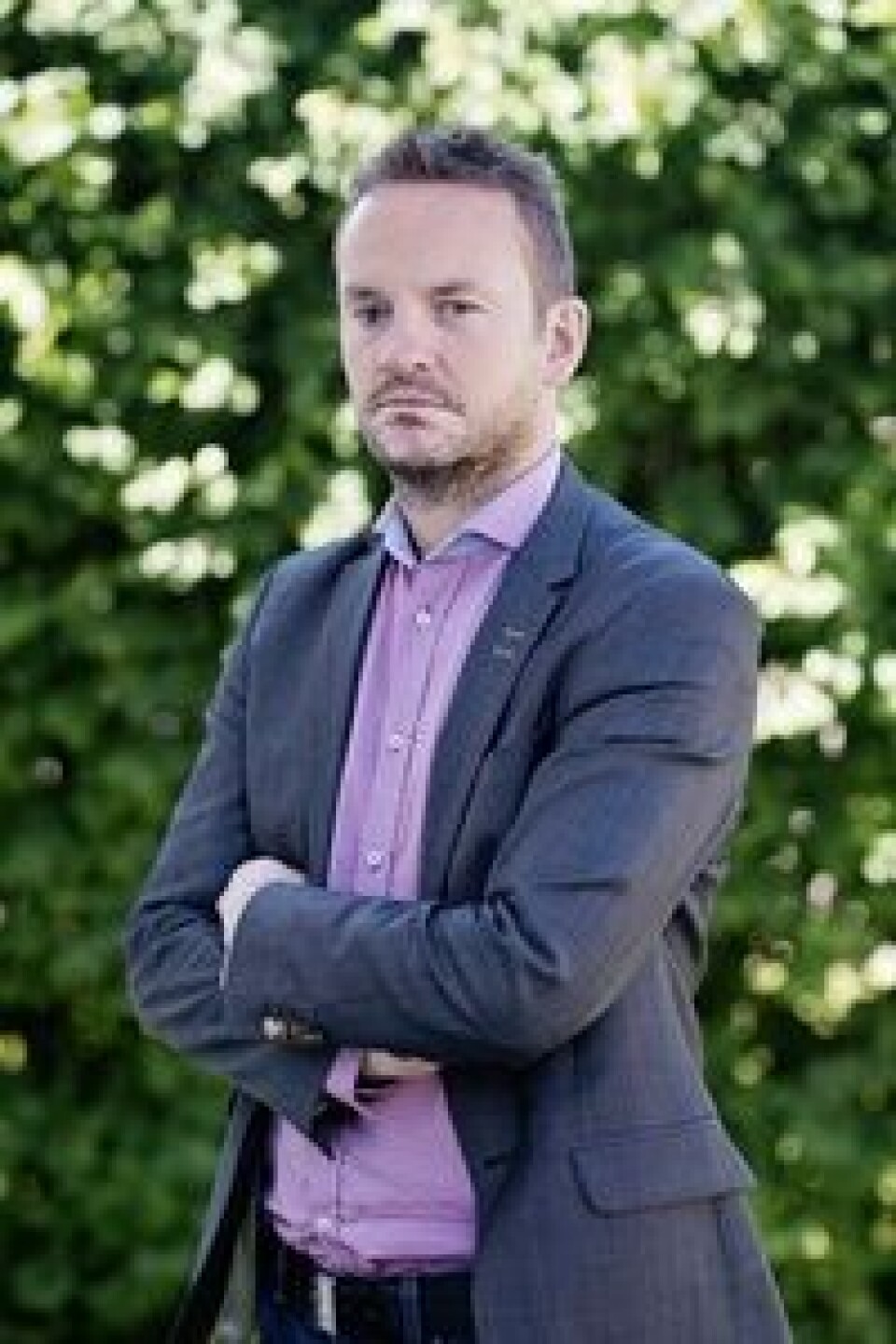
Clear tax regime
Geir Ove Ystmark, managing director of the country’s largest seafood organisation, Seafood Norway, told Fish Farming Expert’s Norwegian sister site, Kyst.no, he was pleased that the basic interest tax is being scrapped, and said the organisation hopes and believes that this will be ratified by the Norwegian Parliament.
“It is important that we get a system that also stands in the next parliamentary period. Having a clear tax regime is important, so there is no uncertainty hanging over the industry,” said Ystmark.
Seafood Norway, together with coastal councils group the Network of Fjord and Coastal Municipalities (NFKK) and the Federation of Norwegian Industries (Norsk Industri) had previously proposed a model where the municipality hosting a fish farming operation receives a production fee, as a form of land lease.
Hedging scheme
“But what we proposed was at a lower level. We thought that the fee should be somewhere between 25 and 35 cents / kg, now it is set at 40 cents / kg. We have also suggested that a hedging scheme must be in place, which allows the fee to be suspended if there are periods when the production cost becomes lower than the market price.”
Ystmark concluded that they hope for a broad settlement between the various political parties so that there can be a stable and predictable tax regime.
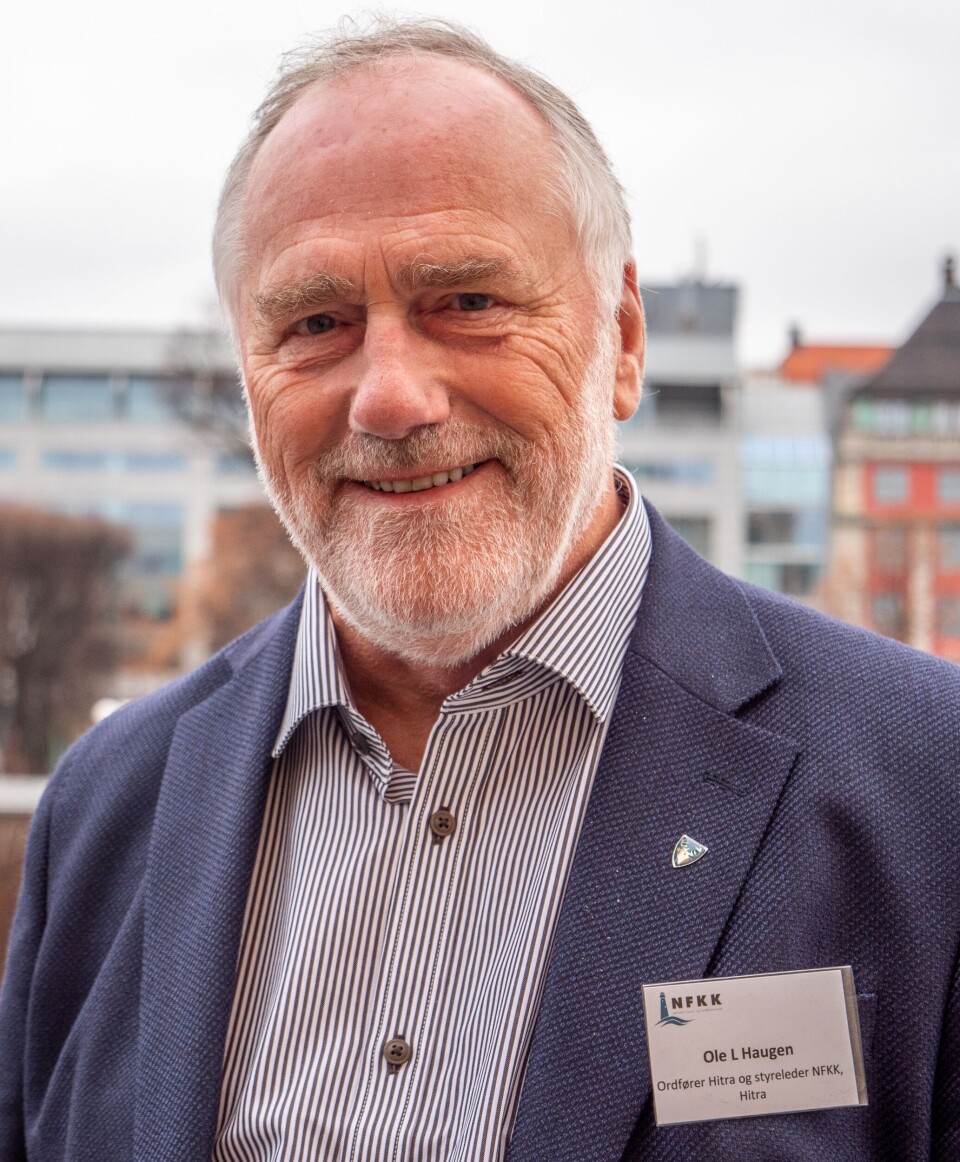
Recognition for municipalities
NFKK chair Ole L Haugen said the organisation had worked for more than a decade to ensure that the municipalities receive their rightful share of the value creation in coastal communities.
“Our first reaction to this proposal is that it is good and safeguards the view that we have constantly advocated - that it is a cost to the municipalities to host the aquaculture industry. This is a recognition for the very important role that the municipalities have as facilitators,” said Haugen, mayor of Hitra.
“The government plans to reduce the share of municipalities’ revenue from future sales and auction revenues to 25%. I would like to see that the proportion of municipalities was larger and reserve comment on the details until I have been included in the budget.”
Gratifying decision
Haugen said it was “very gratifying” that the government had chosen to ignore the recommendation for a basic interest tax that had been made by the majority of a committee commissioned by the government to look into taxing salmonid farming.
“This is a victory not only for the fjord and coastal municipalities, but for democracy, the districts and Norwegian domestic value creation,” he added.

Least-worst option
Ola Braanaas, chief executive of salmon farmer Firda Seafood, told Kyst.no that a production tax was the least-worst option, even though he opposes a special tax because it weakens the industry’s competitiveness and innovation ability.
“Of all the bad proposals, a production tax is better than the tax committee’s proposal for a basic interest tax where the state takes the excess and which, in a way, puts a limit on the companies’ earnings,” said Braanaas.
“After all, land rent tax will punish those who do well and reward those who do poorly, and that is a failed ‘theory of evolution’. A production fee is at least predictable, and it will still be able to give the industry an exciting upside with greater scope for development and innovation, while not penalising the best players.”
